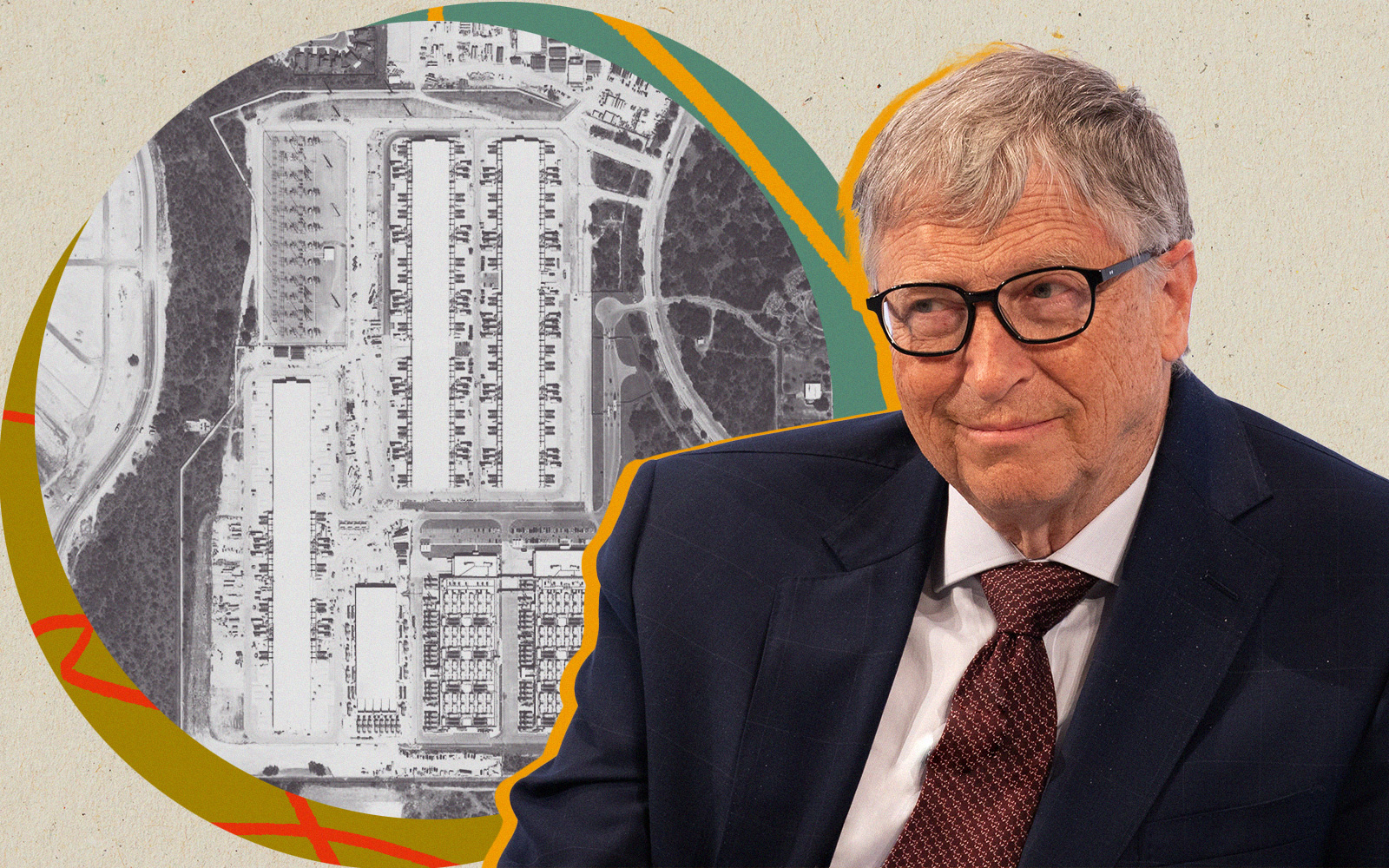Microsoft is set to significantly expand its data center operations with a $482.5 million development in near San Antonio.
Its planned 244,700-square-foot project, at 18844 FM 1957 in Castroville, will be the latest addition to the tech giant’s growing cluster of data centers in the San Antonio area, reinforcing the region’s status as a key hub for digital infrastructure, the San Antonio Express News reported. The estimated cost comes to $1,972 per square foot.
Construction of the center, dubbed “SAT 82,” is slated to begin in April 2026, with completion anticipated by February 2028, according to a filing with the Texas Department of Licensing and Regulation
The project will join two data centers that are under construction at the same location. Those $230 million projects, named “SAT 80” and “SAT 81,” are anticipated to be completed this fall, highlighting Microsoft’s dedication to expanding its data infrastructure in the area.
Since 2005, Microsoft, headquartered in Redmond, Washington, has been building a formidable presence in west Bexar and Medina counties.
The company’s recent investments have included a 427,000-square-foot facility in Westover Hills, which was supported by a $20.7 million property tax abatement from the city. The latest expansion aligns with Microsoft’s broader strategy of enhancing its digital infrastructure, which supports a vast network of servers critical for modern technology.
The Castroville site was selected due to its favorable characteristics, including flat terrain and access to power and fiber infrastructure. Data centers require reliable and ample power sources while being situated away from potential risks such as airports and water towers.
Read more



The expansion comes amid calls from local energy leaders to diversify data center locations to alleviate power grid congestion. CPS Energy, the city-owned utility, has faced pressure from the Energy Forward Alliance — a coalition of data center companies and their stakeholders that formed late last year — to build more infrastructure and expand capacity. The alliance also wants to have a say in how that is funded, the outlet reported.
— Andrew Terrell
